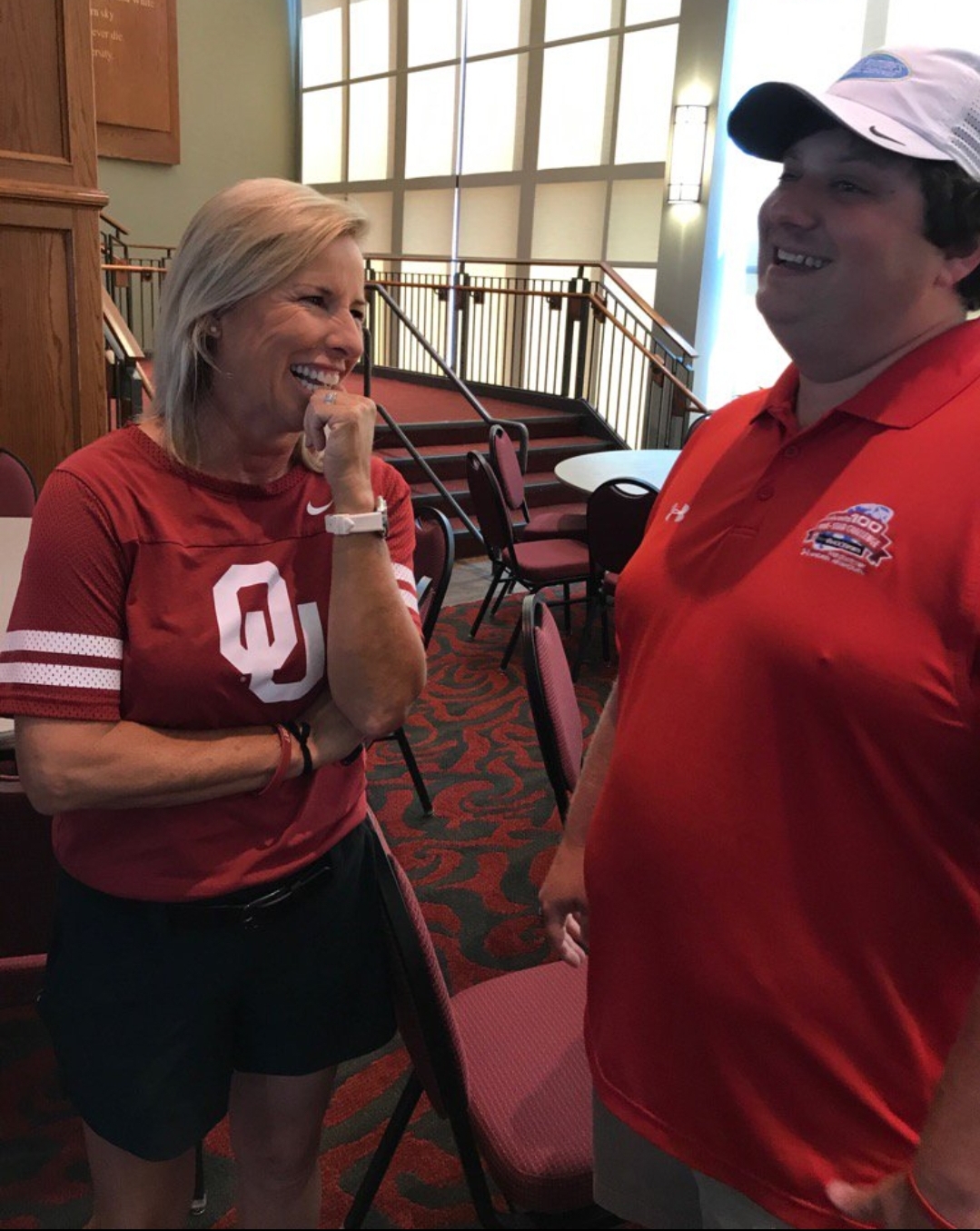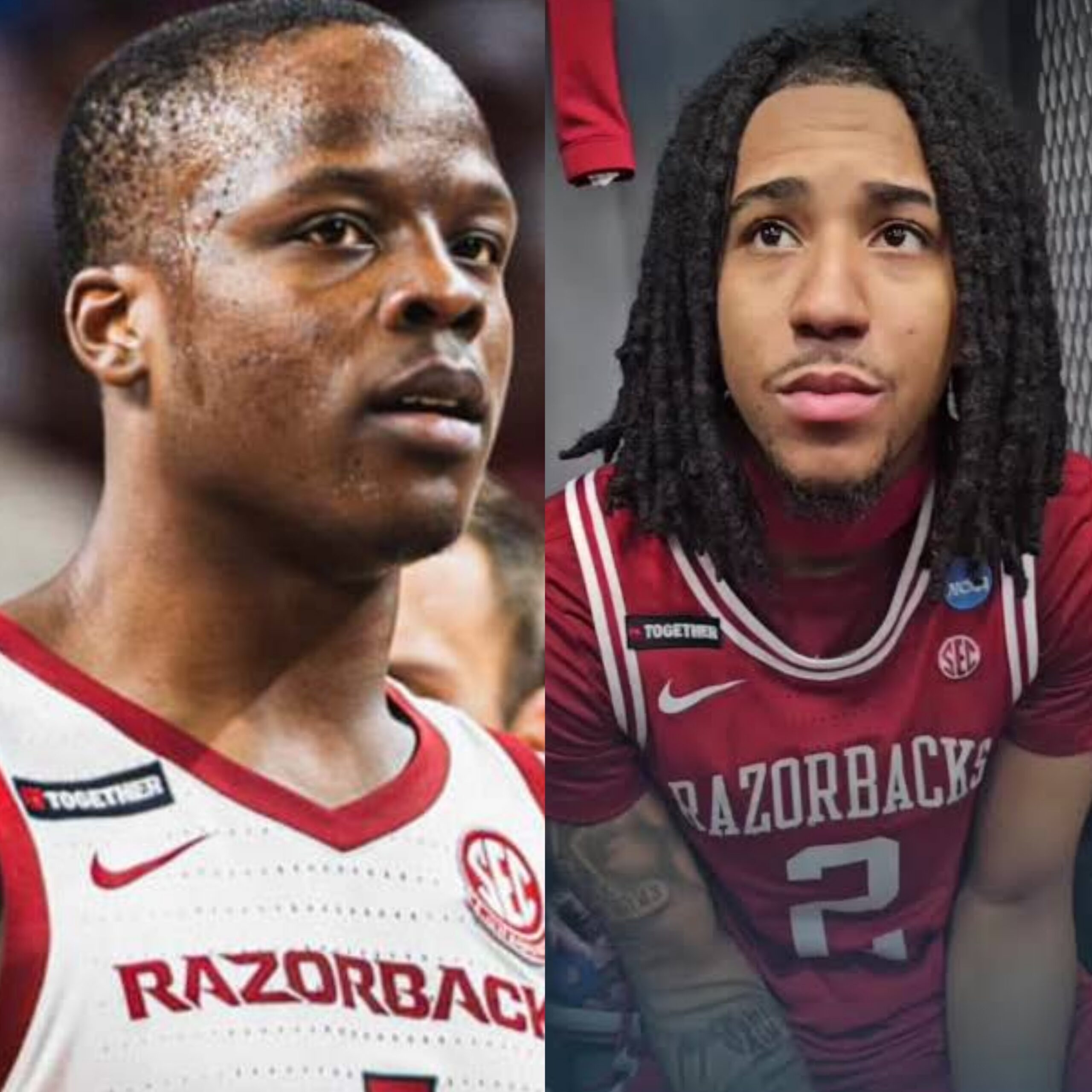Otega Oweh, Kentucky basketball’s top scorer last season, officially declared at the end of May that he would return to Lexington for another year with the Wildcats. Although the announcement came right at the deadline for NBA draft decisions, Oweh had already made up his mind a few days earlier. The public delay was strategic—he wanted to complete a final pre-draft workout before going public.
Oweh entered the NBA draft process knowing he had the option to return to college. While he considered staying in the draft, he ultimately chose to come back and pursue unfinished goals, particularly the aspiration of winning a national championship—something he and his teammates fell short of last season.
“I could’ve stayed in the draft,” Oweh shared during a press conference on June 10, his first since returning to campus. “But I’ve got one more year of eligibility, and I wanted to try to accomplish the things we didn’t get done—like winning a national title. I think we still have a lot left to achieve.”
His dream of making it to the NBA remains alive, and that was a big reason why he chose to participate in the draft process in the first place. Oweh took part in team workouts and the NBA Combine in Chicago. From that experience, he said he gained invaluable insights that he now plans to apply to his game this season.
Among the main pieces of feedback he received was to increase his three-point shooting volume. Although Oweh connected on 35.5% of his shots from beyond the arc last season (27 of 76), scouts encouraged him to take more shots rather than change his mechanics. That aligns perfectly with new Kentucky coach Mark Pope’s offensive philosophy, which prioritizes three-point shooting. Pope has set a goal for the team to attempt around 35 three-pointers per game. Last season, the Wildcats averaged just over 25 attempts from long range, placing them mid-tier nationally and within the SEC.
Oweh is also focused on enhancing his playmaking skills and improving his endurance. The NBA’s longer, more grueling season requires greater stamina than the college game, and he wants to be physically ready for that challenge when the time comes.
But physical skills aren’t the only area where Oweh is seeking growth. Leadership—particularly vocal leadership—is another trait he’s working on developing. Historically, Oweh preferred to lead by example rather than words. However, feedback from Coach Pope and veteran teammates emphasized the need for him to become more vocal to effectively guide younger or less experienced players.
“Leading by example has always been my thing,” Oweh said. “But Coach Pope and the older guys really pushed me to be more vocal. Not everyone can just follow what you’re doing. You have to talk, you have to lead out loud.”
Oweh is now aiming to embrace a leadership style that’s both vocal and intense. He acknowledged his natural tendency to talk—especially competitive trash talk—and believes that kind of intensity can motivate teammates and give them an edge.
Despite the constructive criticism, Oweh also received positive evaluations from NBA personnel. Scouts praised his relentless energy, scoring ability, and especially his defensive skills. Those qualities, combined with his existing production, suggest he has the potential to be one of the nation’s top players next season. He’s even expected to appear on several preseason All-American and all-conference teams and may be in the conversation for SEC Preseason Player of the Year.
Recognizing Oweh’s significance to Kentucky’s program, Coach Pope and his staff chose not to pressure him during the draft process. Instead, they maintained a respectful distance, occasionally checking in on his workouts and progress, which Oweh greatly appreciated.
“The process was hectic—I was traveling constantly, getting calls and texts non-stop,” he said. “But Pope and the staff just kept it simple. They’d check in occasionally and see how I was doing. That meant a lot.”
Throughout the draft evaluation period, Oweh also monitored Kentucky’s offseason roster building. He kept tabs on incoming recruits and transfers, watching their games and learning their playing styles. Though he didn’t know most of them personally at first, he feels like he does now.
“I paid attention to every commitment and visit,” he said. “I didn’t know the guys directly, but I watched their film and followed them during the season. Now I feel like I know them all.”
Looking ahead, Oweh sees the upcoming season as a chance for both individual development and team growth. He wants to show the improvements he’s made based on what he learned from NBA feedback while staying grounded in the player he already is.
“People think improving your game means doing more, but it’s not always about that,” Oweh said. “For me, being simple and consistent is what works. That’s how I’ve always played, and that’s how I’ll continue to play.”
In returning to Kentucky, Oweh aims to balance personal ambitions with team success. His journey through the NBA draft process has armed him with insights and motivation that he hopes will carry the Wildcats deeper into March—and perhaps all the way to a lon
g-awaited national championship.



